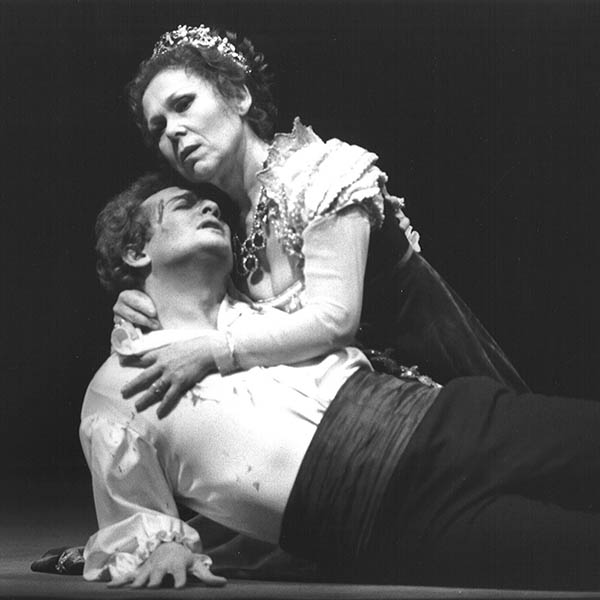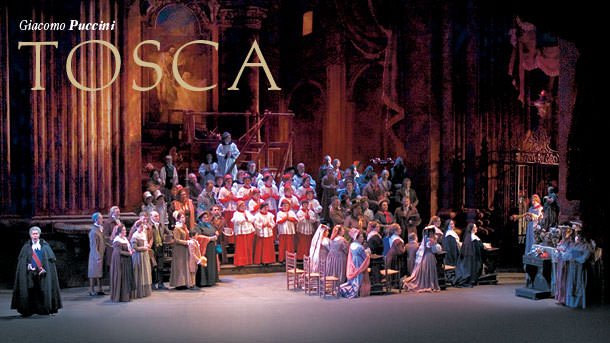

This was his most dramatic effort, with a premiere in 1900, and it has never fallen out of favor (except with Kerman). Puccini had arguments with both Sardou and his librettists, but he wound up with a text for which he wrote one of the finest scores in all opera, superbly orchestrated.

Tosca is based on Sardou’s 1887 play, written for the celebrated actress Sarah Bernhardt, with a libretto by Puccini’s favorites, Giacosa and Illica. It is, however, neither shabby nor little.

A shocker, perhaps, with its torture, murder, and suicide. But when he wrote of Puccini’s Tosca, he branded the opera “that shabby little shocker”-the most often cited words in the book. The works he most admired were Mozart’s Marriage of Figaro, Wagner’s Tristan und Isolde, Verdi’s Otello, Debussy’s Pelléas et Mélisande, Berg’s Wozzeck, and Stravinsky’s The Rake’s Progress. Some years ago the noted musicologist Joseph Kerman published a widely read and controversial book entitled Opera as Drama. Floria Tosca (soprano Jill Gardner) tries to reassure her love, Mario Cavaradossi, (tenor Diego Torre) that she has saved his life in the Boston Lyric Opera production of TOSCA. And the three principal characters-opera diva Floria Tosca, her lover Mario Cavaradossi, and the lusting and villainous Baron Scarpia-hit their mark solidly. The three locales are properly preserved. The Boston Lyric Opera’s current production, adapted from the Scottish Opera, is updated, but this does no real damage.


 0 kommentar(er)
0 kommentar(er)
